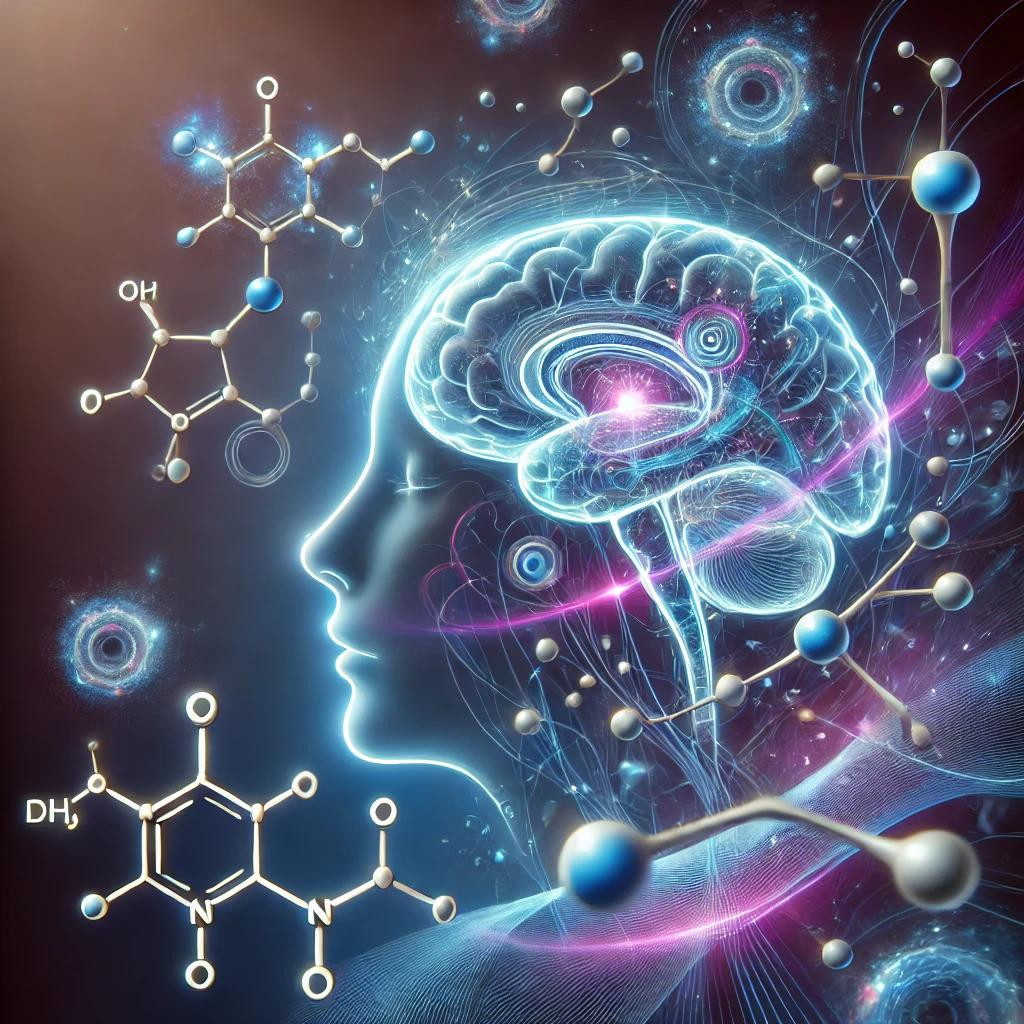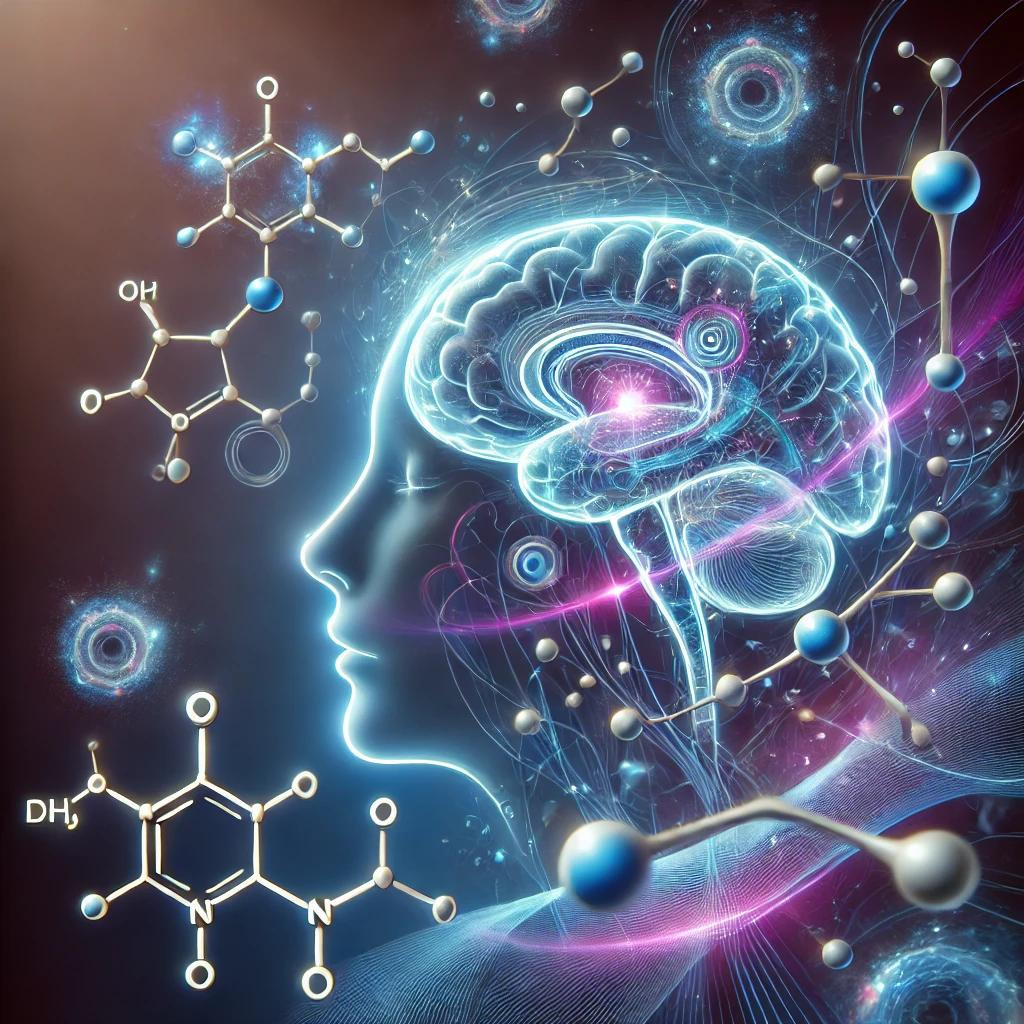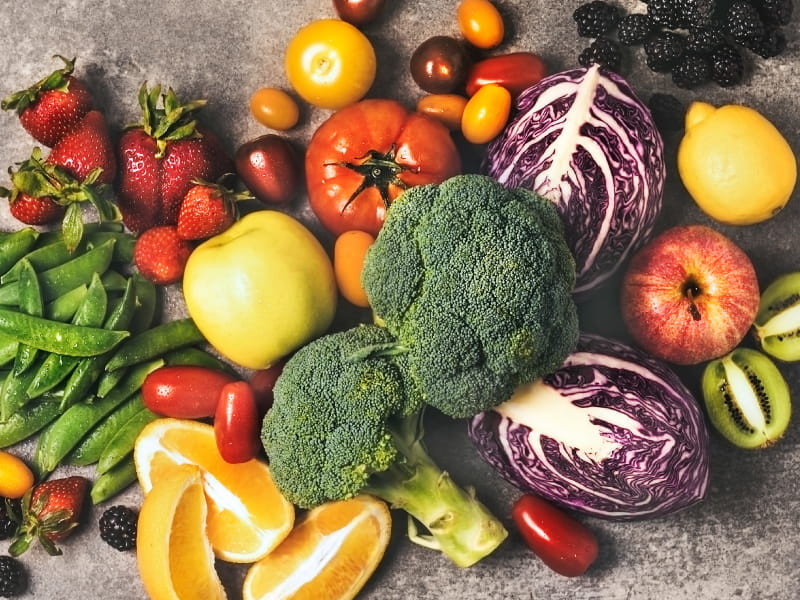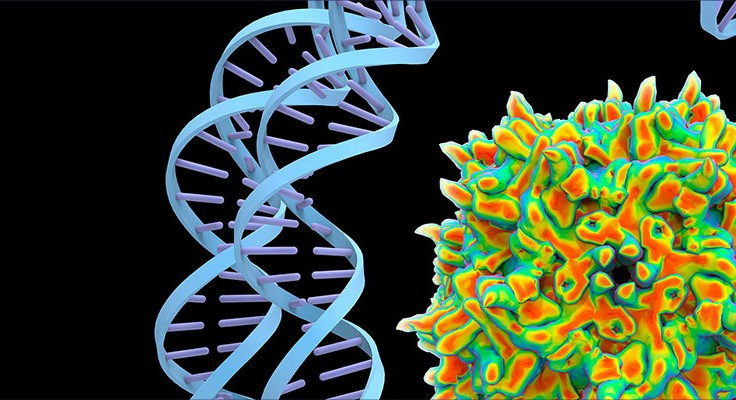Prolactin and Progesterone
Latest posts
-

-
 Top Health Metrics To observe When Taking Steroids ?11/08/2024Read more
Top Health Metrics To observe When Taking Steroids ?11/08/2024Read moreWhen taking steroids, it's essential to monitor several key health metrics to ensure safety and minimize potential...
-
 How to get Big Arms ?10/30/2024Read more
How to get Big Arms ?10/30/2024Read moreTo maximize arm growth in 30 days, you’ll want to follow a high-intensity, angle-varied workout that targets all...
-

-
 The Reasons of Hair Loss (Androgenic Alopecia )08/31/2024Read more
The Reasons of Hair Loss (Androgenic Alopecia )08/31/2024Read moreWhy do men lose hair and how to stop hair loss Before you need a transplant.
-
 Self control mechanisms to avoid Destruction06/04/2024Read more
Self control mechanisms to avoid Destruction06/04/2024Read moreHow can One control himself in a world surrounded by desire and attention harvesting mechanisms.
-
 The erosion of America's manufacturing and industrial base: part 112/06/2023Read more
The erosion of America's manufacturing and industrial base: part 112/06/2023Read moreThe American industrial and manufacturing base has been in a state of decline in the past three decades compared to...
-
 The Semiconductor Injuries of the United states11/27/2023Read more
The Semiconductor Injuries of the United states11/27/2023Read moreThe history of US politics, especially in the past 30 years, has been marked by what some might call an illogical...
-
 The Top 5 Ways to embedd Fitness in your Life10/31/2023Read more
The Top 5 Ways to embedd Fitness in your Life10/31/2023Read moreFigure out your goals and activities and map them out in a cross that we will later call the Embedding matrix
-
 Probabalistic Decision making10/16/2023Read more
Probabalistic Decision making10/16/2023Read moreOne of the primary advantages of probabilistic decision making is that it helps to quantify the uncertainty inherent...
Blog categories
Search in blog

Prolactin vs Progesterone
1. Hormone Type:
- Prolactin:
- A peptide hormone (protein-based).
- Produced by the anterior pituitary gland.
- Progesterone:
- A steroid hormone (lipid-based).
- Produced primarily by the corpus luteum in the ovaries, the placenta during pregnancy, and in small amounts by the adrenal glands.
2. Functions:
-
Prolactin:
- Lactation: Stimulates milk production in the mammary glands after childbirth.
- Reproductive health: Plays a role in regulating reproductive cycles in both men and women.
- Immune system regulation: Modulates the immune system.
- Behavioral effects: Influences parental behavior and bonding.
-
Progesterone:
- Pregnancy support: Prepares and maintains the uterine lining for implantation of a fertilized egg.
- Menstrual cycle: Regulates the second half of the menstrual cycle (luteal phase).
- Breast tissue development: Prepares breasts for milk production (along with prolactin).
- Pregnancy maintenance: Prevents uterine contractions to maintain pregnancy.
3. Regulation:
-
Prolactin:
- Controlled primarily by dopamine (a prolactin-inhibiting factor) from the hypothalamus, which suppresses its secretion.
- Stimulated by suckling, stress, or high levels of estrogen.
-
Progesterone:
- Controlled by signals from the pituitary gland via luteinizing hormone (LH).
- Levels increase significantly after ovulation and during pregnancy.
4. Clinical Associations:
-
Prolactin:
- High levels (Hyperprolactinemia): Can cause infertility, irregular periods, and galactorrhea (milk production outside of breastfeeding).
- Low levels: Rare and typically not problematic but may affect milk production.
-
Progesterone:
- Low levels: Can lead to irregular menstrual cycles, difficulty maintaining pregnancy, and premenstrual symptoms.
- High levels: Typically occur during pregnancy; high levels outside of pregnancy are rare.
5. Gender-Specific Roles:
-
Prolactin:
- Found in both men and women but has a more prominent role in women.
- In men, it influences testosterone levels and sperm production.
-
Progesterone:
- Predominantly significant in women for reproductive purposes.
- In men, present in very small amounts and contributes to sperm development and hormone balance.
Related posts
-
 Metrics of Health
Posted in: Health & Longevity03/12/2023The metrics to use to measure health and longevityRead more
Metrics of Health
Posted in: Health & Longevity03/12/2023The metrics to use to measure health and longevityRead more -
 How to Reduce High Blood pressure
Posted in: Health & Longevity03/16/2023How to Reduce High blood pressure with basic and simple Tools.Read more
How to Reduce High Blood pressure
Posted in: Health & Longevity03/16/2023How to Reduce High blood pressure with basic and simple Tools.Read more -
 Top Factors For a Long Life
Posted in: Health & Longevity03/17/2023Many Factors can help you live a long life, enjoying your loved ones and here is a mention of some of the Top onesRead more
Top Factors For a Long Life
Posted in: Health & Longevity03/17/2023Many Factors can help you live a long life, enjoying your loved ones and here is a mention of some of the Top onesRead more -
 How to Love yourself ❤️
Posted in: Health & Longevity03/19/2023Love your self first and everything else falls into place.Read more
How to Love yourself ❤️
Posted in: Health & Longevity03/19/2023Love your self first and everything else falls into place.Read more -
 Top supplements for logevity ?
Posted in: Health & Longevity03/22/2023The supplements contributing to longevity the mostRead more
Top supplements for logevity ?
Posted in: Health & Longevity03/22/2023The supplements contributing to longevity the mostRead more

Leave a comment